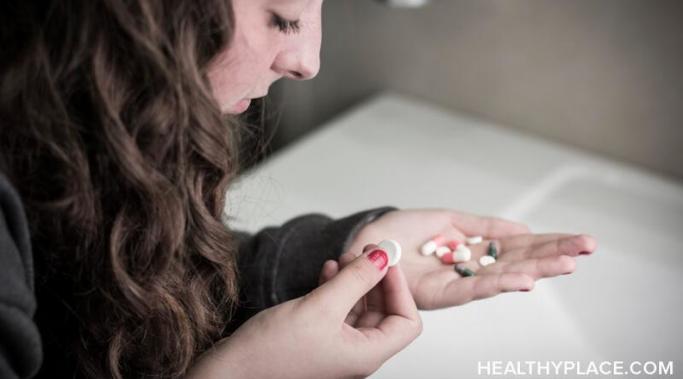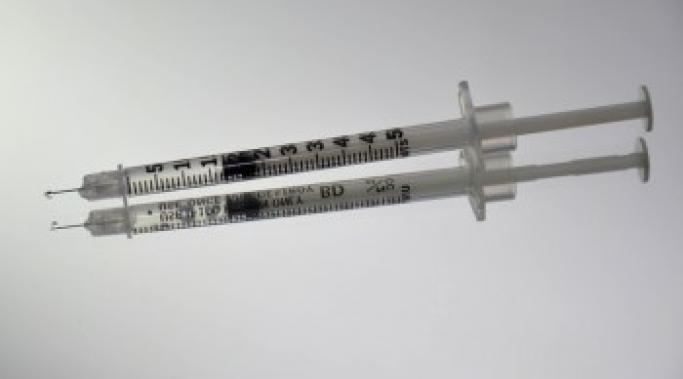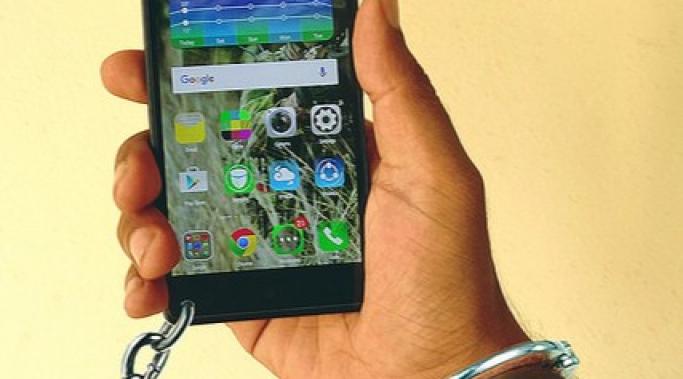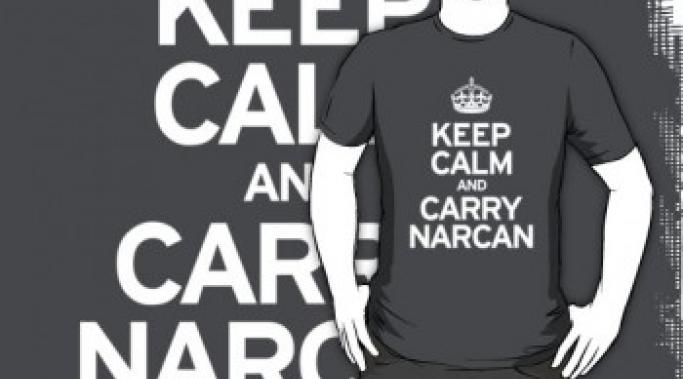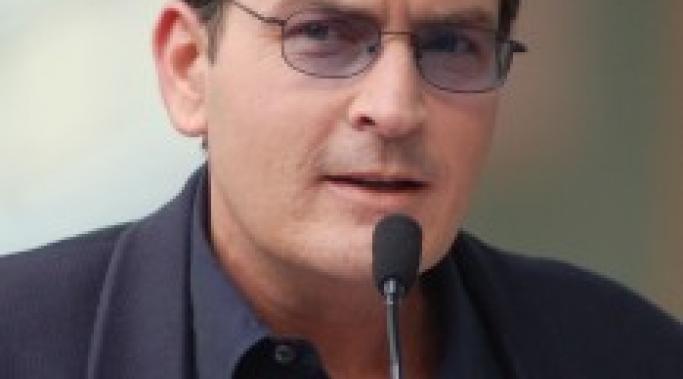In recent years a bold movement has come out against the porn industry; this might sound like a win for recovering porn addicts like myself, but that isn't always the case.
Addiction News
Recovering addicts are participating in social distancing, like everyone else, as a result of the widespread pandemic, coronavirus, otherwise known as COVID-19. Social distancing has proven to be a necessary measure taken by cities, states, and nations worldwide in order to "flatten the curve" or slow the spread of this highly infectious disease. Effectively slowing down the spread of this pandemic is going to take the willpower and intentionality of every single one of us, but what does social distancing mean for those of us in recovery who greatly depend on addiction-related support groups to maintain our sobriety?
Addiction to prescription opioids can lead to heroin use. Many who misuse prescribed opioid pain medication turn to heroin as a substitute (Over-prescription of Opioid Painkillers: A Deadly Problem). 12.5 million people misused prescription medication in 2015 and 15,281 people overdosed on commonly prescribed medication, according to the United States Department of Health and Human Services. Do you still think the United States opioid epidemic includes only street people shooting up heroin? Do you know the real connection between opioids and heroin?
Safe injection sites are becoming more popular across the world (Heroin Abuse, Heroin Overdose). But only two exist in North America, both in Vancouver, British Columbia. So what are safe injections sites and what benefits and concerns do they bring?
How do you know if you're addicted to your phone? Phones and tablet devices are rapidly becoming the most addictive substances in Western culture (What Is Addiction? Addiction Definition). The extent to which we use and rely upon our phones is staggering. We are rapidly becoming a society full of cell phone and social media addicts, thanks to fantastic developments in cell phone technology intended to improve our lives. The first step to abating the rise of phone addiction is to spread awareness about what it means to be addicted to your phone.
Too often American society dehumanizes and devalues the lives of drug users, particularly drug addicts. Not recognizing and responding to the humanity of drug addicts is a dangerous moral and societal failing.
Naloxone (brand name Narcan) saves lives from opioid overdose by reversing the effects of an opioid overdose. America's problem--some say epidemic-- with heroin and prescription opioids is big news, so why is naloxone, which saves lives from opioid overdose, controversial?
Alcohol is well-known for its disinhibiting effect on people, and many people believe a drunken person's behavior can quickly change from being a bad choice to alcohol-induced behavior (Short-Term, Long-Term Effects of Alcohol). A video of a Miami doctor raging against an Uber driver over the weekend has gone viral. Dr. Anjali Ramkissoon, suspended from her job due to the video, implores other people to learn from her actions. She has accepted responsibility, acknowledged that she acted inappropriately, and now begs for forgiveness, stating that her behavior was grossly out of character. Dr. Ramkissoon does not, however, seem to acknowledge the role that alcohol may have played in the incident, which appears to be the teachable lesson in this situation (What Is Alcoholism?). Learn how to determine when a person's behavior goes from simply being a bad choice to alcohol-induced behavior, and what can be done to prevent similar incidents in the future.
I believe that Charlie Sheen needs to take more responsibility for his behavior of 2011. Almost two weeks ago, actor Charlie Sheen announced that he is human immunodeficiency virus (HIV) -positive, and paired the announcement with his plans to work for increased education about HIV. This is a commendable goal and he is in a unique position to educate and inform the public. But I believe Sheen also needs to take responsibility for his behavior and the harm he may have caused during his public meltdown in 2011.
Over-prescription of opioid painkillers is contributing to America's increasing abuse of opiate prescription drugs and heroin. A 2013 report by the U.S. Center for Disease Control and Prevention (CDC) and U.S. Food and Drug Administration (FDA)1 found that people who abuse or are dependent on prescription opioid painkillers are 40 times more likely to abuse or be dependent on heroin. So what can we do about opioid painkiller over-prescription?


